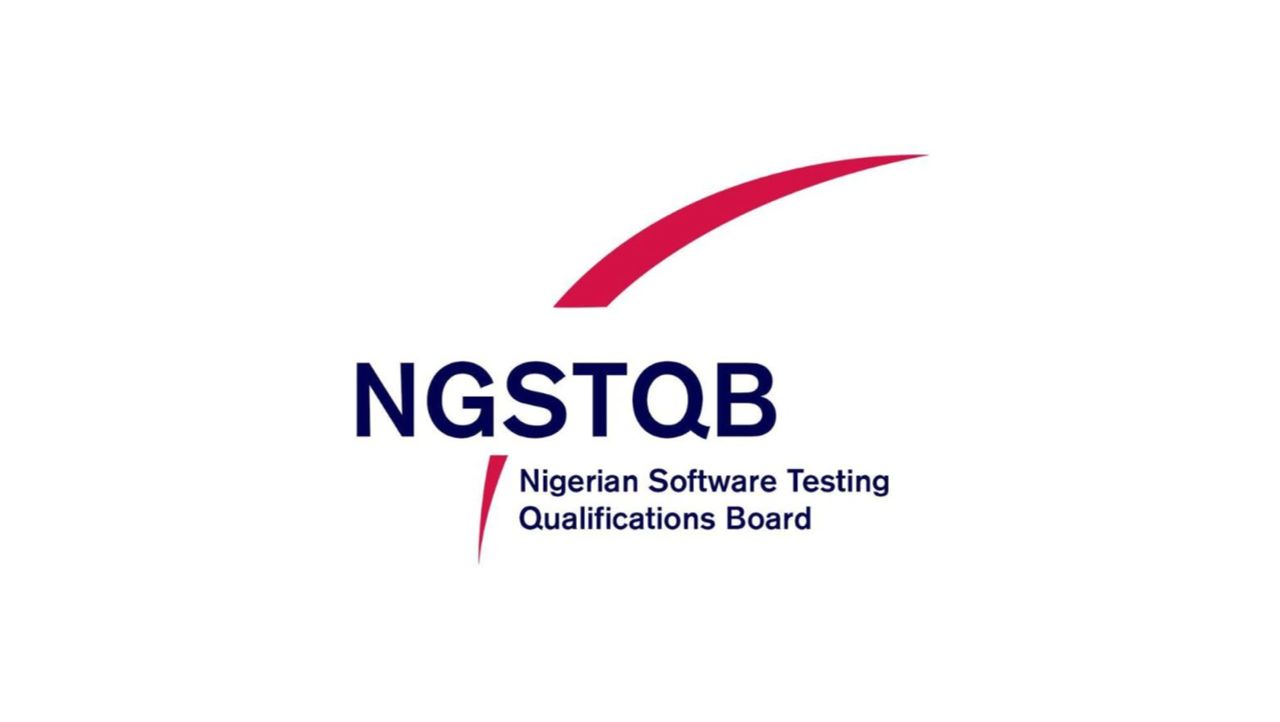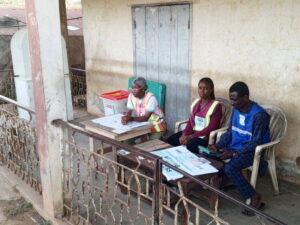National Assembly, NGSTQB seek enhanced software testing for national cybersecurity
The chairman of the Senate Committee on ICT and Cybercrime, Salisu Shuaibu Afolabi, has underscored the importance of rigorous testing to prevent flaws in locally developed software, thereby protecting national data.
Mr Afolabi said this on Thursday during TestNigeria 3.0, Nigeria’s premier conference on software testing organised by the Nigerian Software Testing Qualification Board (NGSTQB) in Lagos.
Mr Afolabi, senator representing Ogun Central district, noted that with the global economy increasingly powered by software and information technology, Nigeria must develop high-quality software to drive its digital economy and remain competitive.
Mr Afolabi said the country’s growing youth population, which was technology savvy, presented immense opportunities for innovation and growth. He noted that the Nigerian software industry had made significant strides, citing the growth of Fintech, commerce, and banking sectors.
He, however, stressed the need to bridge the gap between local software development and global standards.
Adedeji Olajide, the House Committee on Information and Communications Technology and Cybersecurity’s chairman, stressed the role of software quality assurance in propelling Nigeria’s digital economy and national growth.
Mr Olajide, the lawmaker representing the Ibadan Northwest/Southwest federal constituency, noted that Nigeria’s growing fintech sector required robust security controls to protect citizens’ data and prevent cyber threats.
Mr Olajide said the National Assembly was working on the e-governance and digital economy bill of 2024, which aimed at providing a legal framework for Nigeria’s digital economy, adding that the legislation was currently in its second reading.
He noted that legislators were committed to supporting Nigeria’s digital growth, recognising the immense potential of the sector to drive economic development and job creation.
In his welcome address, Boye Dare, the NGSTQB president and convener of the event, said that in this era of digital transformation, Nigeria had embraced a bold vision exemplified by the national digital economy and e-governance bill.
Mr Dare said the bill aimed to provide a legal framework for developing and regulating Nigeria’s digital economy and e-governance. He noted that the forward-thinking framework would drive economic growth, improve public service delivery and position Nigeria as a leader in the global digital economy.
Mr Dare said the Nigerian Software Testing Framework, which would be introduced by the National Information Technology Development Agency (NITDA), was another key milestone in their quest to elevate software quality across the nation.
He stressed the importance of rigorous testing, citing the recent CrowdStrike incident, which affected five million people and cost $5 billion.
NITDA’s boss, Kashifu Abdullahi, emphasised the importance of quality software infrastructure for inclusive digital access.
Mr Abdullahi said, “Software is a critical infrastructure for Nigeria’s digital growth. Our partnership with UNDPS has yielded a framework to guide software development and testing in Nigeria. The framework aims to promote digital trust, enhance cybersecurity and create opportunities for software testers.”
(NAN)














Post Comment